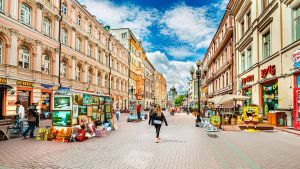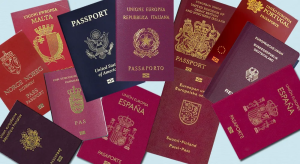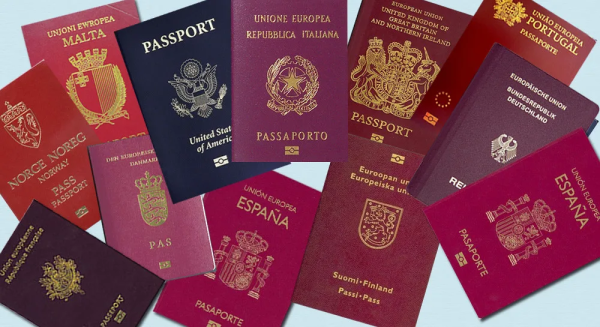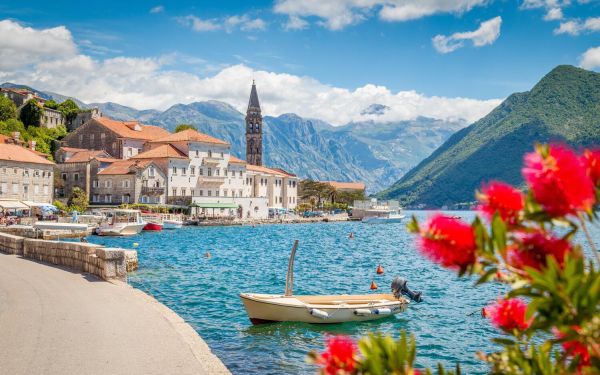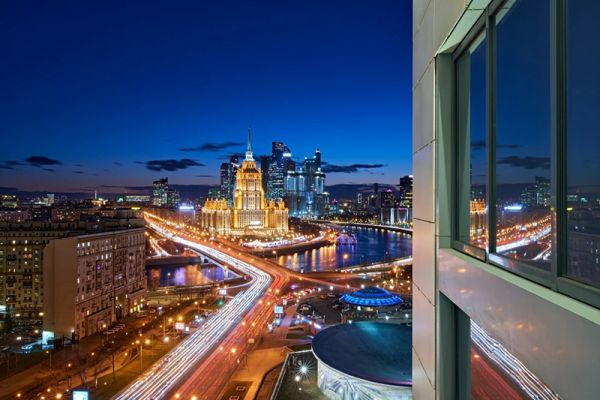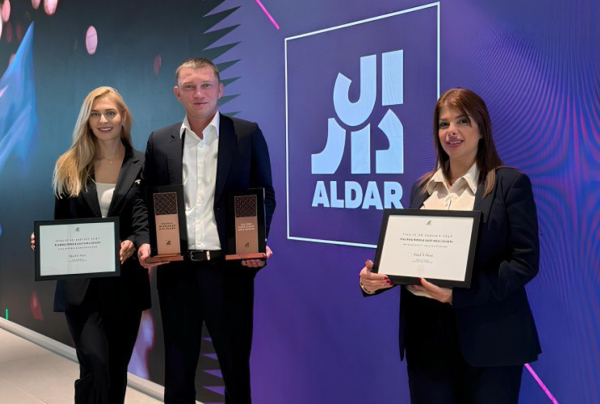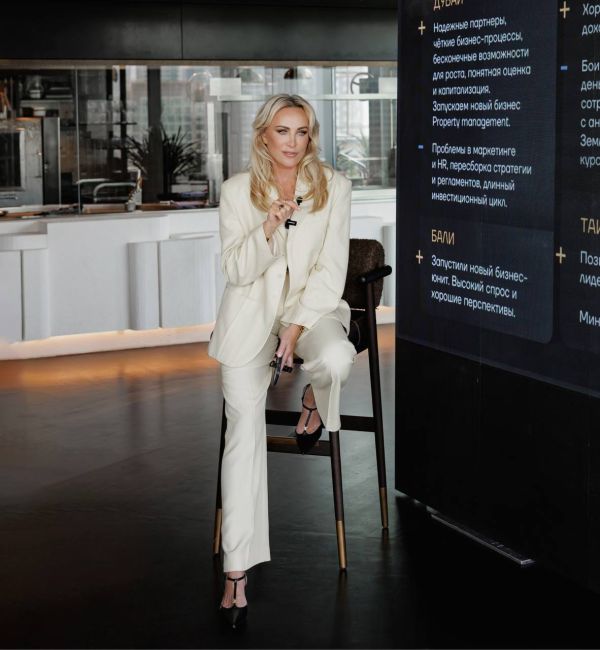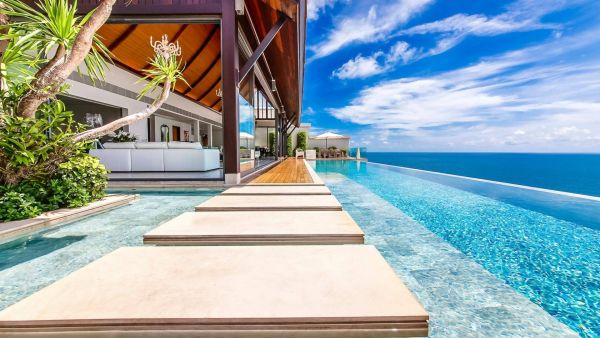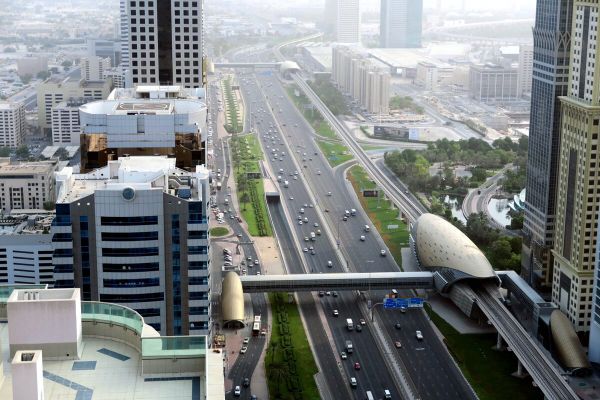Buying a house in Russia is calmer than abroad.
Experts note that Russian investors have actively switched to the domestic market of elite real estate. Big money is now not only going abroad, but also being invested in Russian square meters. What prompted this?
According to experts at Kalinka Group, compared to the same period last year, the number of deals with elite real estate has increased by 22%. And this happened for a number of important reasons. Perhaps the domestic real estate market is awaiting significant changes in the future.
The state is pursuing a policy of deoffshorization of the economy, which naturally could not fail to affect the industry. Assets of offshore companies with Russian owners are being transferred to Russia - it's more secure. Some acknowledge that Russian tax legislation is more lenient, and it's easier to invest money here. Moreover, recent events have clearly demonstrated that it's safer to hold assets in Russia. Swiss banks have started disclosing information about their clients, and Cyprus is caught up in a banking and debt crisis.
Geopolitical changes in our country have forced many investors to reconsider their interests. The annexation of Crimea has opened up many opportunities, on the one hand, but on the other hand, many doors have closed due to European and US sanctions. This includes the tightening of visa regulations and concerns about what will happen next. It doesn't make sense to buy a house in London worth several million pounds if the buyer is banned from entering the country or conducting business there. The situation with the Ukrainian crisis has added concerns for Russian depositors, and this is against the backdrop of events in financial markets. Moreover, exchange rates this year have reached historical highs.
Ekaterina Rumyantseva
Chairman of the Board of Directors of Kalinka Group
"The devaluation of the ruble has had a significant impact on buyers, people tried to invest in real estate assets as quickly as possible. In addition, the Central Bank's policy is aimed at reducing the number of credit institutions. Depositors were forced to withdraw their savings and invest either in other risk-free assets or in real estate. The mortgage market also reacted to events in the economy - people started taking out more loans, and banks increased the average interest rate by 0.5%".
Uncertainty about the nature of sanctions against Russia and who they will affect, as well as the further development of events, has sparked rumors of restrictions on free currency exchange. The reduction in interest rates on currency deposits also played a role. As a result, some affluent citizens have redirected their deposits towards investing in real estate, according to experts from Kalinka Group. Annual rental income from apartments in foreign currency ranges from 4% to 8%, while for commercial properties in the retail segment it ranges from 8% to 12%.
Ekaterina Rumyantseva sees the simplest reason for the increased demand for luxury housing in the Russian mentality. In the West, citizens direct their investments towards multiple destinations. For example, they invest in stock markets, which allows them to preserve and grow their capital. Historically, this has not been the case in Russia. Therefore, Russians traditionally invest in real estate because it is simple and understandable.
These factors have influenced many investors when deciding to invest in the local market. Taking into account market volatility, real estate remains a conservative but reliable asset, according to analysts. Investing in Russian real estate is easier to do, especially as more premium-class properties are emerging, and their prices are expected to continue rising.
Read also
Stay up to date with the latest news
We promise to send only interesting and important articles.
